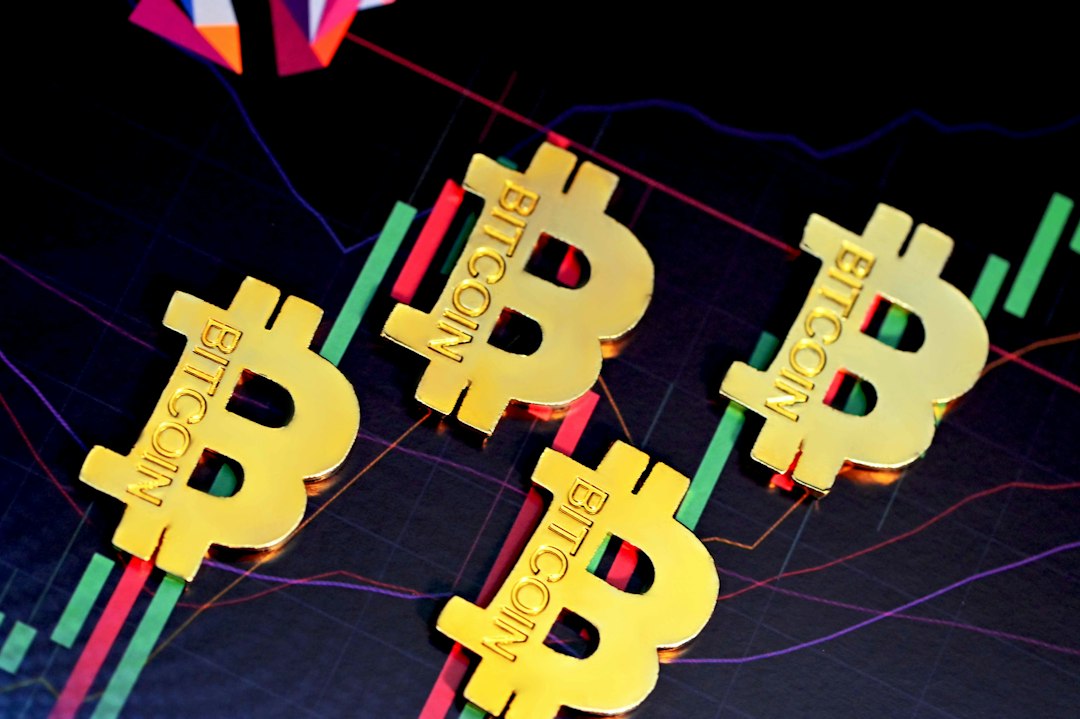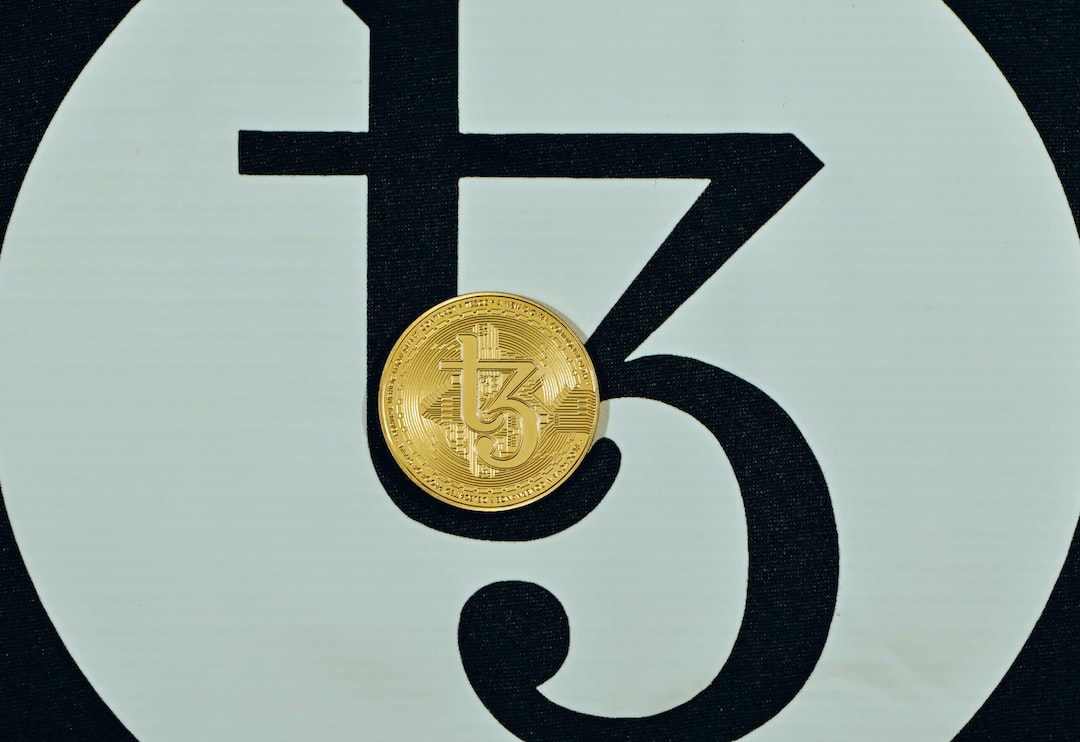U.S. Department of Justice Opposes Sam Bankman-Fried’s Request for Temporary Release
The U.S. Department of Justice (DOJ) has rejected Sam Bankman-Fried’s plea for temporary release as he prepares for his first criminal trial on October 3rd. Bankman-Fried, the founder of the bankrupt FTX crypto exchange, had requested release under strict conditions, but the DOJ remains firm in its opposition.
DOJ Stands Firm Against Temporary Release
Despite Bankman-Fried’s legal team proposing stringent restrictions and constant surveillance, the DOJ refuses to support his temporary release. The prosecutors argue that his detention outweighs any inconveniences he may face, citing his previous conduct as a concern.
Judge Kaplan’s Skepticism and Legal Challenges
Judge Lewis Kaplan, who presides over the case, previously expressed doubts about Bankman-Fried’s arguments for release. As the trial approaches, additional legal challenges arise. The judge recently prohibited testimony from seven witnesses on behalf of the defendant, citing various legal grounds.
Bankman-Fried’s request to exclude testimony from a professor was also denied. Despite being granted permission to use an air-gapped laptop for note-taking during the trial, Bankman-Fried faces an uphill battle in defending himself against the charges.
Hot Take: Uphill Battle for Sam Bankman-Fried in Criminal Trial
Sam Bankman-Fried’s bid for temporary release ahead of his criminal trial has been opposed by the U.S. Department of Justice. Despite proposing strict restrictions and constant surveillance, the DOJ believes his detention is necessary due to his previous conduct. Judge Lewis Kaplan has expressed skepticism about Bankman-Fried’s arguments and has barred testimony from several witnesses.
With the trial date approaching, Bankman-Fried faces numerous legal challenges. Although he has been granted permission to use a laptop for note-taking, his defense against the charges remains an uphill battle.





 By
By
 By
By
 By
By
 By
By
 By
By